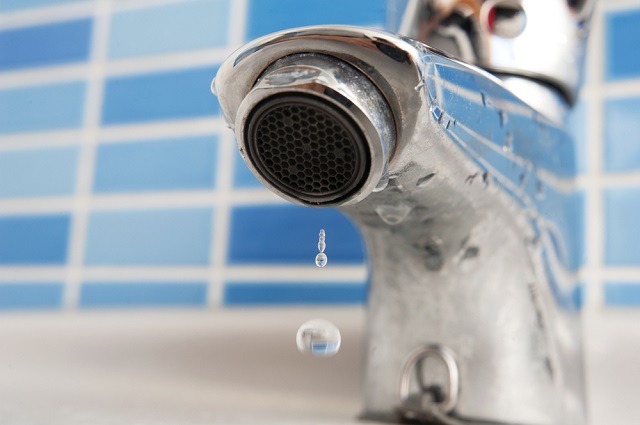Common Water Leaks in the home!
 Water leaks in the home can be from a variety of sources, from dripping taps to leaking toilets. Water leaks can be costly, so looking after your heating and water system correctly should be a priority. Many properties use macerating pumps by saniflo. These should be regularly maintained to avoid any leakages.
Even if a leak is relatively minor, it may still cause plenty of damage over time, and if you’re on a water meter it could cost a lot too. Fixing a leak will save you money and avoid damaging your property any further. Here are some of the most common water leaks found in the home.
While some will require the services of a professional plumber, many can be dealt with by anyone with some competent DIY skills.
Water leaks in the home can be from a variety of sources, from dripping taps to leaking toilets. Water leaks can be costly, so looking after your heating and water system correctly should be a priority. Many properties use macerating pumps by saniflo. These should be regularly maintained to avoid any leakages.
Even if a leak is relatively minor, it may still cause plenty of damage over time, and if you’re on a water meter it could cost a lot too. Fixing a leak will save you money and avoid damaging your property any further. Here are some of the most common water leaks found in the home.
While some will require the services of a professional plumber, many can be dealt with by anyone with some competent DIY skills.

